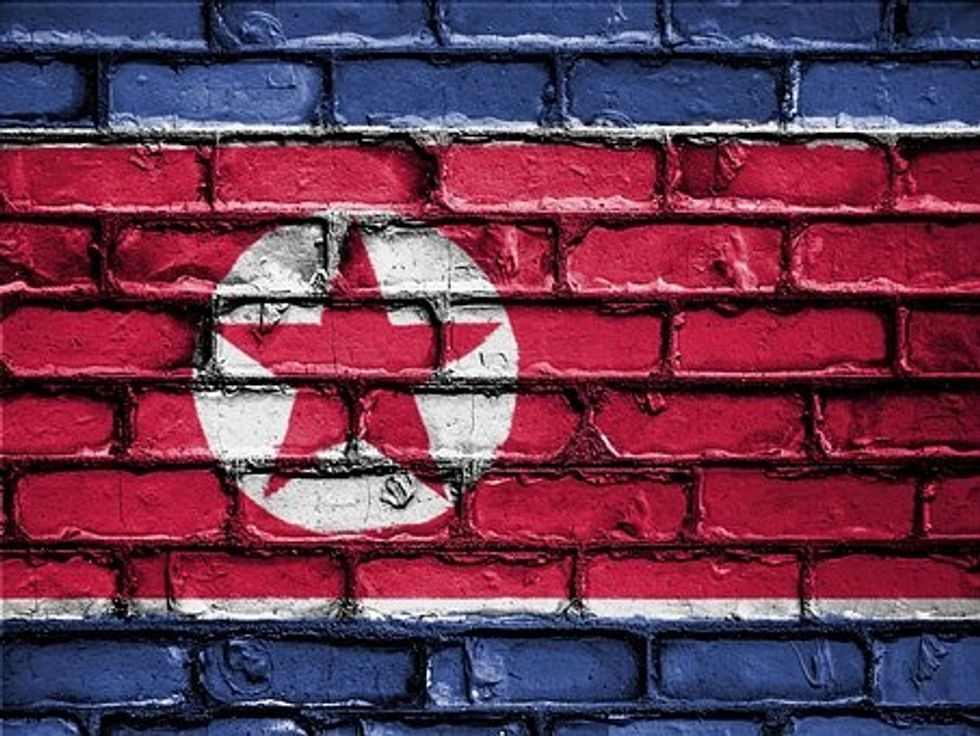As of earlier this month, the Trump administration is set to engage in another summit with Kim Jong-un and the President. This will take place in Hanoi, Vietnam on February 27th and 28th. The last summit in 2018 led to grand promises of North Korea getting rid of its nuclear arsenal in apparent exchange for a relaxing of U.S. led sanctions.
However, this "agreement" did not lay out any guidelines for eliminating the nuclear arsenal. This is a major issue that may or may not be settled in the next summit. It seems that the U.S. is letting Kim Jong-un a little off the hook for the glaring human rights abuses and apparent famine in the country.
Basically, while diplomacy is always preferable to more violent or coercive options, it is dangerous to legitimize Kim Jong-un as the leader of an oppressed nation where millions are held in detention camps. It is evident through the very broad and general agreements on denuclearizing the Korean peninsula between the U.S. and North Korea are not a worthy exchange for relaxing sanctions, flirting with U.S. military withdraw, and relaxing criticism of North Korean human rights abuses. Nuclear weapons are extremely dangerous and should be taken seriously, especially when smaller and more extreme dictatorships come in possession of them. However, appeasement is not the answer to nuclear threats.
This was not done during the Cold War when the nation was under constant threat of Soviet nuclear weaponry; rather, diplomacy happened under the assurance of mutually assured destruction and other preconditions. The U.S. should not come to the negotiating table without some basic demands being met first. Among these demands should include the release of any U.S. citizens and other people from North Korean detention camps and the cessation of other abuses of people by the North Korean government. If North Korea wants to enter the modernized and globalized world, it must leave these abuses behind. Using nuclear weapons to threaten and force this entry endangers the institutions that established this globalized and mainly open world.
With that, Mr. President, I implore you to reconsider attending this summit.

















